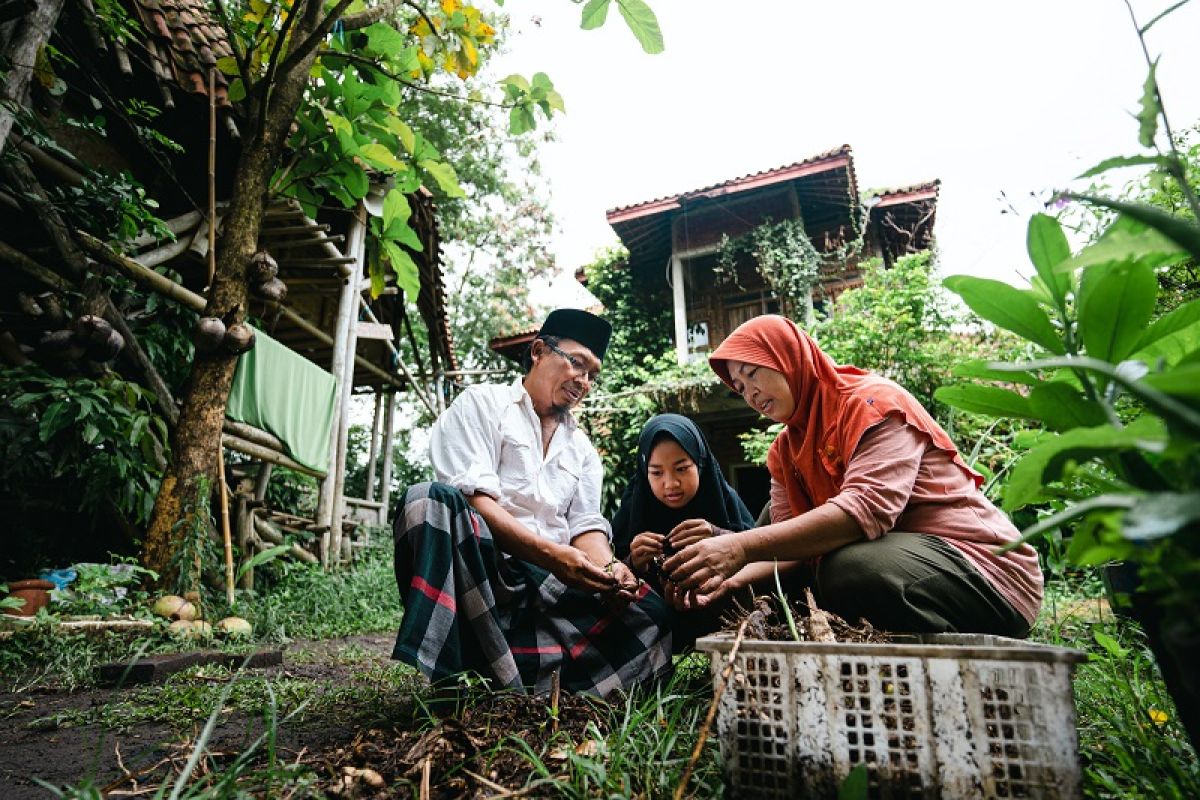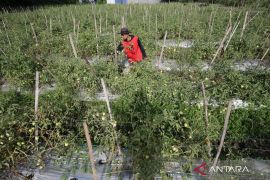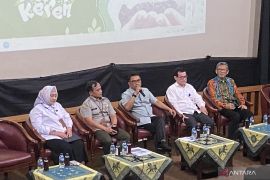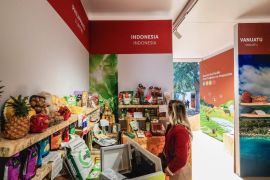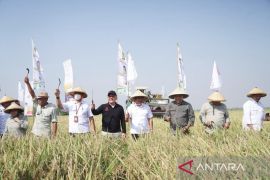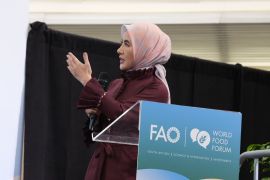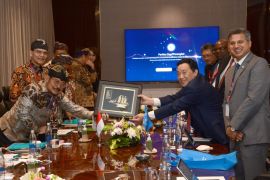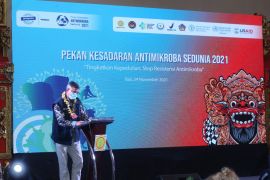The participants gathered in Jakarta in a hybrid workshop themed “Multi-Stakeholder Discussion on Family Farming National Action Plan and Strategic Activities,” according to a release issued by FAO Indonesia and received here on Tuesday.
Several line ministries, including the Ministry of Agriculture, Ministry of Environment and Forestry, National Planning Agency (Bappenas), National Food Agency (Bapangnas), and other relevant stakeholders with the Food and Agricultural Organization (FAO) of the United Nations held discussions with farmers’ representatives on ways to move toward an agreement on the National Action Plan for Family Farming (NAPFF) and its strategic plan.
"The enabling policy environment to strengthen family farming will underpin further actions to respond to the current social, economic, and environmental challenges," FAO Representative for Indonesia and Timor Leste, Rajendra Aryal, said.
"It is, therefore, critical to build on and strengthen supportive policies, investments, and institutional frameworks for family farming at the national and sub-national levels on inclusive and effective governance and on timely and geographically relevant data," Aryal added.
The meeting mobilized multi-stakeholder consensus on making family farming a national priority, supported by various ministries and farmers' organizations.
The results of the discussion will be important to strengthen the National Action Plan for Family Farming and its Strategic Actions.
The Ministry of Agriculture has taken the lead to implement the "Home Yard for Sustainable Food Program" as one of the flagship family farming programs in Indonesia.
Agriculture is crucial for Indonesia’s economy, accounting for 14 percent of the gross domestic product (GDP).
On average, 93 percent of Indonesian farmers are small family farmers who cultivate on modest land plots averaging 0.6 hectares, according to FAO Indonesia.
Farmers in Indonesia form a substantial chunk of Asia Pacific farmers who account for more than 70 percent of small-scale family farmers in the world. Family farmers produce 80 percent of the region’s food.
The United Nations General Assembly proclaimed 2019–2028 as the UN Decade of Family Farming(UNDFF) in 2017, envisaging it as a framework for countries for developing public policies and investments to support family farming.
The Decade of Family Farming presents an excellent opportunity to contribute to achieving the sustainable development goals (SDGs) in an inclusive, collaborative, and coherent way.
Related news: Empower family farmers to eradicate hunger in Southeast Asia: FAO
Reporter: Yuni Arisandy Sinaga
Editor: Rahmad Nasution
Copyright © ANTARA 2022
